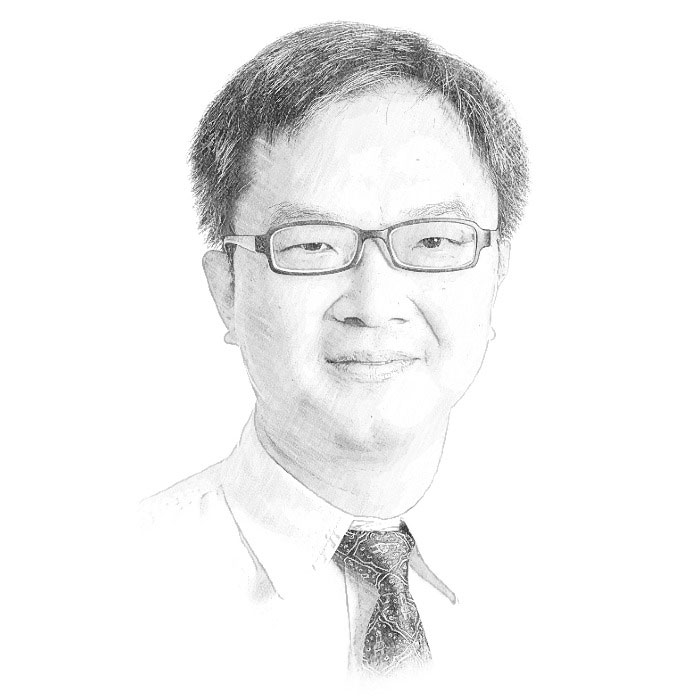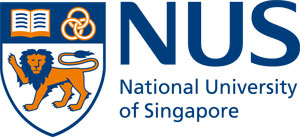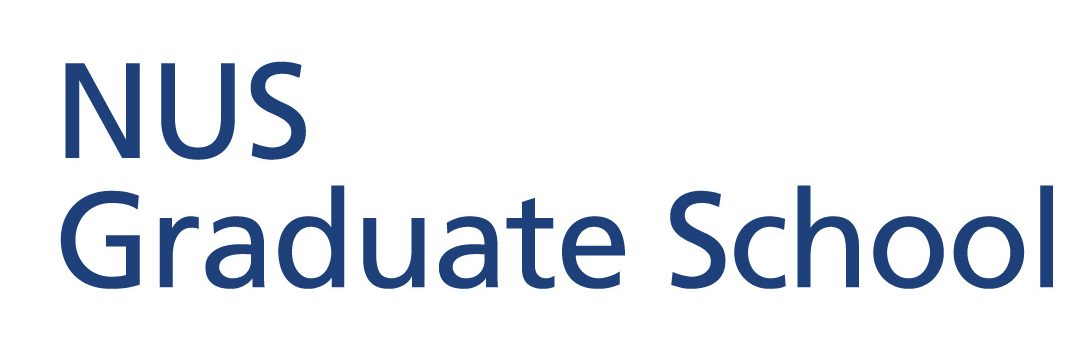About ISEP
The NUS Graduate School’s Integrative Sciences and Engineering Programme (ISEP) promotes interdisciplinary PhD research and education.
Our students work at the forefront of science, engineering, computing, and related aspects of biomedicine at NUS faculties and A*STAR institutions.
ISEP offers premier, direct-PhD scholarships to outstanding individuals of all nationalities who have excellent academic credentials and strong research potential. ISEP welcomes talented scholars from different backgrounds to pursue research that cuts across disciplinary boundaries.
Our unique programme admits the best candidates with a trans-disciplinary mindset who will embark on rigorous training and challenges to achieve excellence in research.
All ISEP scholars are mentored by experienced and distinguished faculty members and principal investigators. ISEP provides a unique trans-disciplinary curriculum that includes courses on research ethics, professional skills, and interdisciplinary topics and themes.
ISEP scholars have access to ample resources within world-class research infrastructure and facilities that the university and its partner institutions provide. ISEP scholars also receive adequate pastoral care and peer support in our uniquely close-knit academic community.
Students may, with the recommendation and support of their advisor and the Head of Department, apply for funding for an overseas attachment of up to 6 months at a reputable university/institution. ISEP students have done extensive research attachments in the USA, UK, Continental Europe, and top East Asian institutions.
ISEP graduates have also attained top placements in both the academia and industry, with a good number now in faculty or industrial leadership positions both local and abroad.
Our Vision
World-class Graduate School in Integrative Research and Education.
Our Mission
Boost standards of PhD education in Integrative Sciences in Asia Pacific and Internationally. Equip talented students with knowledge/skills to excel in chosen careers and contribute effectively to society.
Our Philosophy
Integrative approaches required to solve challenging problems in science, engineering, computing and medicine.
Executive Director's Welcome Message
Science and technology have been continuously redefining the way we live, the way we play, and the way we work. New opportunities abound everywhere for those who have the ability, the courage, and the ambition to take on the world. The R&D training that you will receive at The NUS Graduate School’s Integrative Sciences and Engineering Programme will develop and strengthen your ability to take on significant real-world challenges and create new ways to improve lives. I hope you will have the courage and ambition to realise this potential.
Long ago, I was a young PhD student in Computer Science, and I made discoveries that advanced our understanding of and clarified the boundary of modern database querying mechanisms. I remember my own eagerness—after my graduation—to translate that into practice, which I did. One of my first million dollar-paying customers was a pharmaceutical company. This coincided with the birth of bioinformatics and introduced me to the world of biomedical sciences, and thus begun my interdisciplinary career in an area totally new to me. I have relished these twenty-plus years of adventure, which has so many exciting and fulfilling challenges.
Young people should be full of vitality and momentum. You should strive hard and fight hard. Because this is your passion. Young people are allowed to make mistakes. Young people are not afraid of failure. Young people, you only need to find your own goals and move forward.
At The NUS Graduate School’s Integrative Sciences and Engineering Programme, you will have the opportunity to begin that exciting, challenging, and fruitful trans-disciplinary adventure right from the start. You will embark on careers that will be tremendously exciting and full of unforeseen opportunities.
Professor Wong Limsoon
11 December 2020



